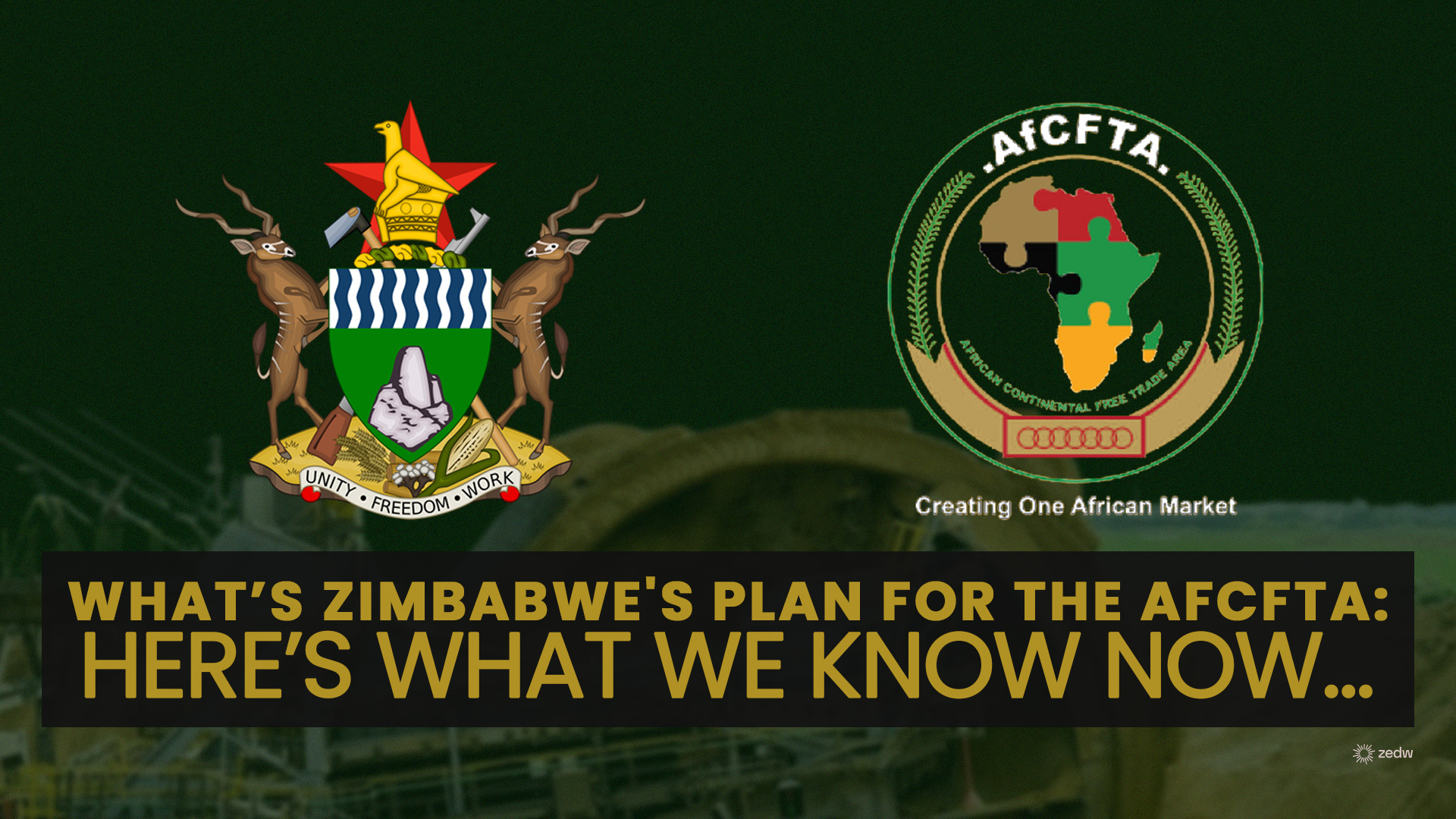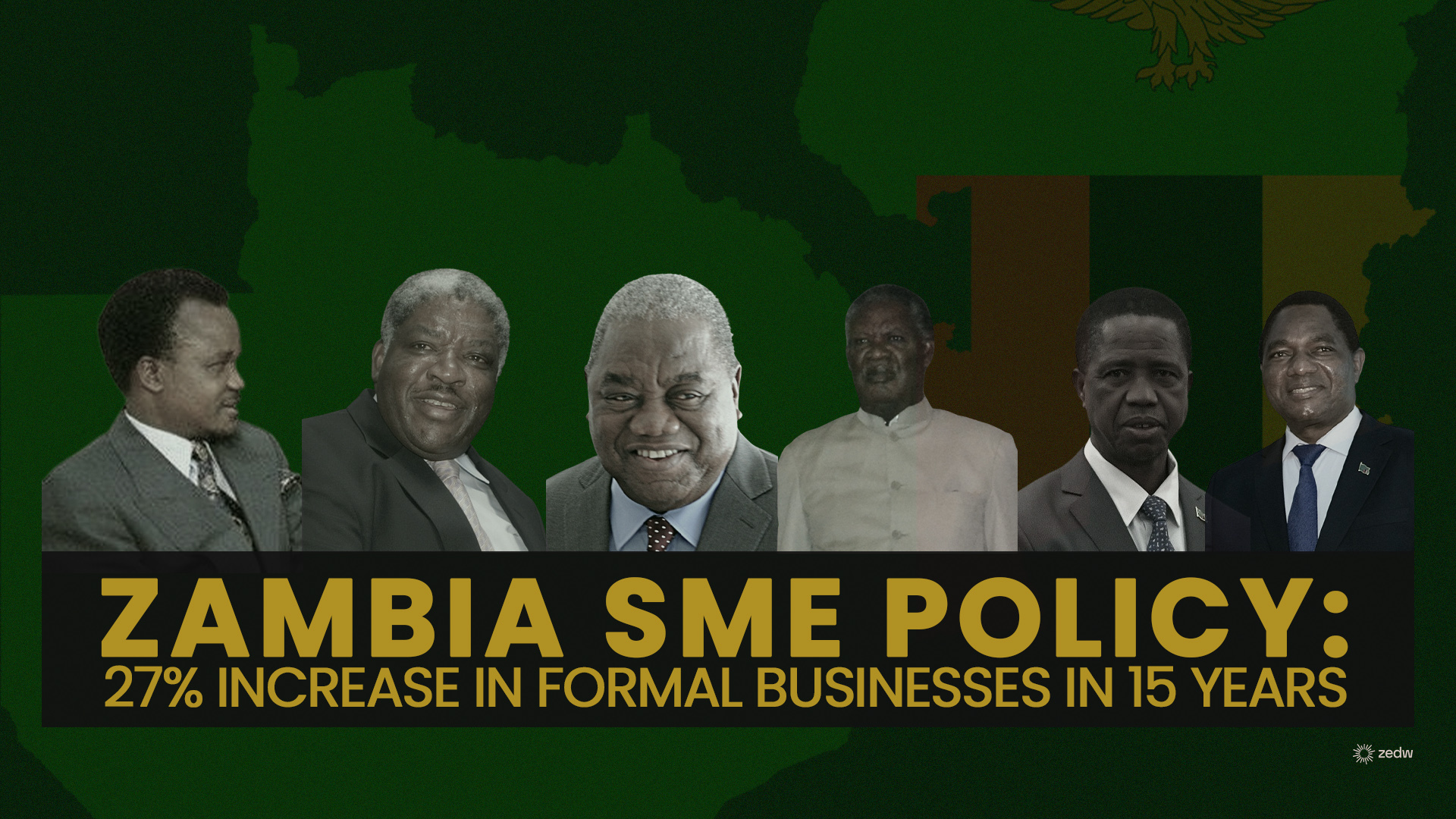The first thought we had when we saw the trainwreck unfolding between the Malawi Communications Regulatory Authority (MACRA) and Multichoice was “This is DStv for pity’s sake!“. No wonder the country’s communications authority was summoned by parliament to explain themselves.
If you are somehow seeing this for the first time, Multichoice announced that it is shutting down DStv Services in Malawi because of a court order that is forbidding Multichoice’s DStv Malawi subsidiary from increasing its tv subscription packages
Of course, they were going to pull out if they felt that their interests were not going to be protected by the injunction that stopped the entertainment powerhouse from increasing its prices.
“Given the impact on Multichoice Malawi and an increasingly adverse regulatory environment, [Multichoice] is therefore left with no option but to terminate DStv services indefinitely,”
Multichoice
It’s worth remembering that Multichoice is more than just an African product. This is evidenced by its current shareholder structure which has France’s Groupe Canal+ holding 31.7% of the company.
Additionally, it is equally important to mention that GOtv a subsidiary of Multichoice got approval for its price increase.
How Big Multichoice is in Malawi
What were they honestly hoping to achieve from antagonising one of Africa’s largest companies? This isn’t to say that the nation of Malawi was just supposed to roll over.
No, a simple understanding that this is business and if Multichoice is digging its own grave in Malawi, with the price hikes, then so be it. But let the market decide which way things are going to swing.
While many have been muttering monopoly this and monopoly that, it’s always good to take a step back and realise the scope of the problem…
According to MACRA’s National Survey on Access to and Usage of ICT Services from 2015, 17.6% of Malawian Households subscribed to paid TV.
Of that proportion, 67.2% of them were subscribed to DStv. Now those numbers might seem meagre and the fact they are almost a decade old, but they are a key indicator of the role that Multichoice was playing in the Malawian economy.
More recent data from MACRA shows that Multichoice has marginally strengthened its grip on entertainment in Malawi.

You should also read: Malawi Telecommunications: breaking down the MNO space
Show me the money
MACRA’s stance at DStv’s price hike is set to lose its tax authority a lot of money if the entertainment company doesn’t resume taking payment for its services.
The latest data in the diagram above sampled 12,000 households in Malawi and if we are to make some averages out of that data, things come into greater perspective.
For the sake of simplicity, we are going to use the middle of the run package (DStv Compact) as a sort of average for the package price for all the households in the survey. There are obviously people who can afford to pay for the higher-end packages but unfortunately data on who subscribes to what is scant, even in Multichoice’s report.
| Package | Old Price | New Price | Difference |
| Premium | MK67,000 | MK79,000 | +17.9% |
| Compact Plus | MK43,000 | MK51,000 | +18.6% |
| Compact | MK27,500 | MK33,000 | +20.0% |
| Family | MK16,400 | MK19,500 | +18.9% |
| Access | MK10,200 | MK12,500 | +22.5% |
| Kufewa | MK6,850 | MK7,500 | +9.5% |
So, we will use 2019’s numbers and assume that nothing has changed because we couldn’t find any more recent surveys. We can say that 2292 (19.1%) households in Malawi are subscribed to DStv.
And if we assume that the average sum of all those subscriptions is the Compact package at MK33,000, then the total revenue per month that DStv will be making from the 2292 households in this hypothetical is MK75,636,000 (about US$69,699).
Of that amount, Malawi’s Tax Authority collects a 10% Excise Tax on TV Subscriptions which comes to MW7,563,600 a month (around US$6969). That number, over a year, balloons to about US$83,628.
Which is a sizable chunk of speculative change that the Malawi Revenue Authority will be losing. Mind you this is on top of the other tax obligations that DStv was beholden to in Malawi.
Doesn’t this also hurt Multichoice/DStv?
Well… yes and no. There is no way that any business under the sun wants to lose money. However when market forces are not allowed to prevail when it comes to something like television which isn’t exactly ancillary then it’s unsurprising to see DStv taking the course of action it did.
Moreover, when it comes to actual money lost, the Multichoice Financial Year Ending March 2023 tell an interesting story.

The Rest of Africa is barely competing with the South African market. Sure, Multichoice pulling DStv out of Malawi will hurt the multinational, but it appears that for its shareholders, it’s worth making this statement of pulling out than the projected revenues that it will make if continues to operate under the old price structure.








